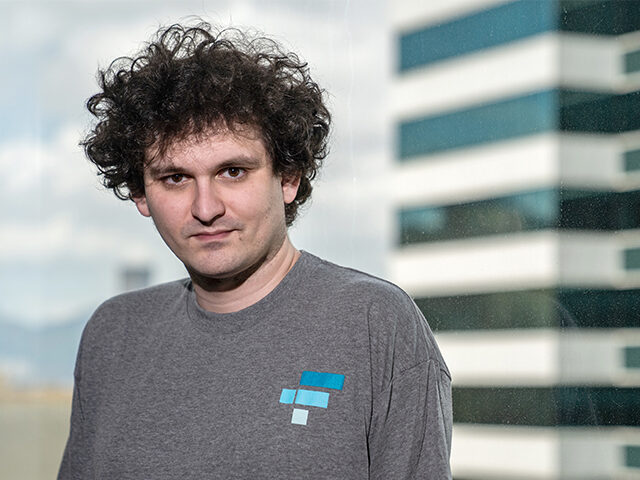Sam Bankman-Fried is attempting to respawn.
The founder of FTX, the high-flying cryptocurrency exchange that flamed out into bankruptcy last week, spent the weekend calling deep-pocketed investors in an attempt to raise a new round of financing to plug the reported $8 billion hole in the firm’s balance sheet, the Wall Street Journal reported on Tuesday. SBF, as he’s called, “still believes he raise enough money to make users whole,” the Journal said.
This no doubt strikes you as outrageous. How could anyone who had driven a company recently valued at $32 billion into bankruptcy even imagine that investors would be willing to entrust more money into the project? But Silicon Valley’s start-up culture is often described as subscribing to an ethic of “fail fast” or even “lose big, win bigger.” The idea is in part rooted in the investment strategy at the heart of venture capital: Most investments in start-ups will not pan out, but that’s okay so long as a few succeed wildly.
There’s also the notion that there’s a lot to be learned from failure. When a product or a company fails, an astute founder may learn important lessons about the way the world works that were previously unknown. Silicon Valley has plenty of founders of now successfully companies whose earlier forays into the technology business no longer exist. Some were even financial successes for their early investors because they were acquired by, say, Google or Facebook but eventually were shuttered because the business did not work.
Still, SBF seems unlikely to be able to raise the funding he needs. In the first place, the hole in the balance sheet is too large. There are reportedly over one million creditors wrangling for whatever assets may remain at FTX. At least some of the venture capitalists who bought into earlier rounds of funding for FTX no doubt believe they were misled. Certainly, they will likely want to tell their own investors they were misled. Several may sue SBF, although whether he has enough wealth worth fighting over is unclear at this point.
What’s more, SBF is quickly becoming one of the most notorious financial villains of the modern era. The collapse of FTX is still shrouded in a lot of mystery. There are credible allegations that he secretly transferred customer funds to the hedge fund he managed—and then somehow obliterated them. It’s said FTX had $16 billion of customer assets, but its balance sheet shows its holdings were largely vaporware coins of its own creation. So what happened to the money? People are debating whether he is more like Bernie Madoff, Lehman Brothers CEO Dick Fuld, or MF Global’s Jon Corzine. If you manage money for other people or institutions, it would be very hard to hand over any of that to SBF in good faith.
So why does SBF think he can recover? In a recent interview with the New York Times, SBF said he has been playing video games in his free time in recent days. He was reportedly once caught playing a video game during a pitch meeting with the venture firm Sequoia Capital. His blog posts are full of analogies to games. One of the features of games is that the end is not the end. When the game ends, when you fail or your character dies, you respawn and start again. SBF may look at what happened at FTX as something similar.
This may not be as crazy as it sounds. Presumably, SBF was not trying to immolate himself and burn FTX customers. Whatever he was doing, he almost certainly believed he had a chance to succeed. So he may plausibly believe that if given another chance, with just a few adjustments, he can make it work. He just needs to respawn.
The rest of the world, we expect, will disagree.

COMMENTS
Please let us know if you're having issues with commenting.